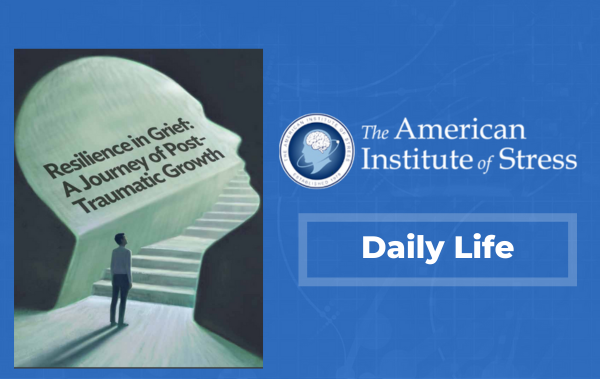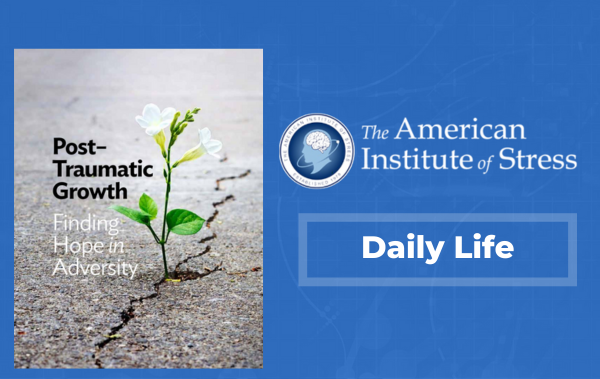Study author urges early diagnosis of maternal stress, anxiety

Larger portions of women pregnant with fetuses with congenital heart disease (CHD) tested positive for stress, anxiety, and depression and this was tied to impairments in fetal brain development, a small case-control study found.
Almost two-thirds of pregnant women with fetuses with CHD tested positive for stress, 44% tested positive for anxiety, and about 30% tested positive for depression compared to around a quarter of pregnant women with healthy fetuses testing positive for stress and depression, reported Catherine Limperopoulos, Ph.D., of Children’s National Health System in Washington, D.C., and colleagues.
Moreover, stress and depression in mothers with CHD were linked with impairments in fetal cerebellar and hippocampal development, the authors wrote in JAMA Pediatrics.
Limperopoulos told MedPage Today that mental health problems are the most common complications of pregnancy, adding in particular that the cerebellum and hippocampal structures are known to be susceptible to stress and anxiety.
“Stress is a modifiable risk factor, and early diagnosis followed by targeted behavioral interventions have the potential to improve the behavioral well-being of pregnant women and the well-being of their fetuses,” she said. “[Infants with CHD] already are at heightened risk for neurodevelopmental disabilities. Prenatal stress may represent a second neurodevelopmental hit for these newborns, but one we have the potential to act on while they’re still in the womb.”
Researchers examined data from 48 recruited pregnant women whose fetuses had CHD and 92 healthy volunteers with low-risk pregnancies from January 2016 to September 2018. All participants underwent a fetal echocardiogram at Children’s Health System for suspected fetal CHD. They were then scheduled for two fetal MRIs from week 20 to week 40 gestational age.
They measured maternal stress through the Perceived Stress Scale, Edinburgh Postnatal Depression Scale, and Spielberger State-Trait Anxiety Inventory.
Overall, researchers examined 221 MRI scans of 140 pregnant women, with 74 scans from fetuses with CHD and 149 scans from healthy fetuses. Mean gestational age at the time of MRI was about 32 weeks for both groups, and most CHD was diagnosed in the second trimester.
Limperopoulos noted that even among pregnant women carrying healthy fetuses, 27% tested positive for stress and 26% for anxiety, while 9% tested positive for depression.
“About one-quarter of women with uncomplicated pregnancies in our study tested positive for stress. Taken as a whole, these findings are important for our field because we have the potential to intervene,” she said.
The authors said that 40% of fetuses with CHD had CHD with aortic obstruction, 35% had single-ventricle CHD, and 17% had transposition of the great arteries. They also found that maternal depression was linked to lower middle cerebral artery resistance index. Maternal stress in the CHD cohort was significantly linked to a smaller fetal cerebellum.
The authors noted the small sample size, as well as the fact that they did not report on the effect of maternal psychological distress on long-term neurodevelopment in infants and adolescents, though they are currently researching that issue.
“These results powerfully underscore the need for universally screening for psychological distress as a routine part of prenatal care and the need for tailored cognitive-behavioral therapies for pregnant women aimed at reducing stress and depressive symptoms and safeguarding the developing fetal brain,” Limperopoulos said.
by Associate Editor, MedPage TodayOriginal Post: HERE
The study was supported by the National Heart, Lung, and Blood Institute and by the Thrasher Research Fund.
The authors disclosed no relevant relationships with industry.





